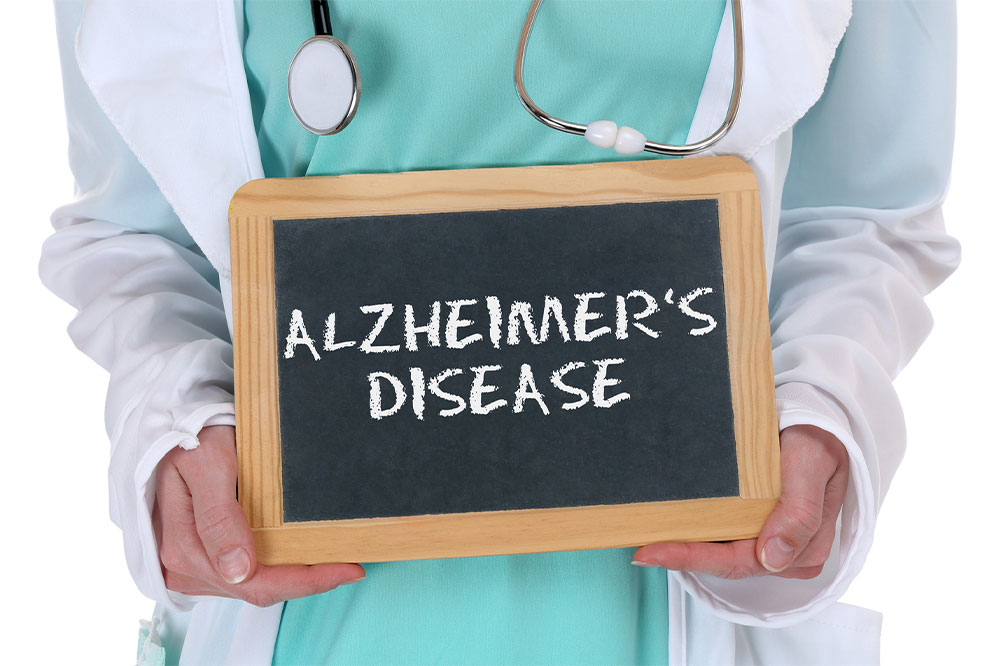Recognizing Early Signs of Alzheimer’s Disease
This article highlights the early warning signs of Alzheimer’s disease, emphasizing the importance of early detection for effective management. Key symptoms include memory loss, difficulty with daily tasks, language challenges, disorientation, social withdrawal, and mood changes. Recognizing these signs in loved ones or yourself can lead to timely intervention and better quality of life. Though there is no cure, early diagnosis allows for optimal treatment strategies, making awareness vital for all age groups experiencing cognitive changes.
Sponsored

Many early indicators of Alzheimer’s are often mistaken for normal aging or stress. Do you or someone close to you show any of these signs? Recognizing them early can make a significant difference in management and treatment. Alzheimer’s, a progressive neurological disorder affecting memory and mental health, primarily impacts seniors but can also affect younger individuals. It leads to brain cell death, personality changes, and severe memory issues. As the leading cause of dementia, early detection is crucial for effective intervention.
Although there is no cure for Alzheimer’s, appropriate medications and treatment plans can help manage symptoms. Early diagnosis allows for better treatment options. Being aware of the warning signs, especially in loved ones, is essential. Below are key early symptoms to watch for, whether in family members, friends, or yourself.
Memory issues interfering with daily activities
Memory lapses are common but become concerning when they interfere with daily routines. Persistent forgetfulness of important appointments, names, or recent events may signal the early stages of Alzheimer’s. Such memory problems can progressively worsen, affecting work and personal life.
Difficulty completing familiar tasks
People developing Alzheimer’s often struggle with routine activities like cooking, driving to known places, or managing finances. Tasks once performed easily become challenging, indicating potential early symptoms.
Problems with planning and problem-solving
Early signs include difficulties in planning, organizing, or solving simple problems. This may involve following recipes, tracking expenses, or handling schedules. These cognitive challenges suggest early Alzheimer’s progression.
Language and communication issues
Starting conversations or finding the right words becomes hard. Misnaming objects or replacing words with incorrect terms can be initial indicators of memory and language decline related to Alzheimer’s.
Disorientation to time and place
Getting lost in familiar areas or forgetting what day it is are common early symptoms. Confusion about locations and missed appointments may also occur.
Withdrawal from social or work activities
Noticing reduced interest in hobbies, social outings, or work tasks can be a warning sign. Increased sleep, isolation, and apathy may also be observed.
Impaired judgment and decision-making
Difficulty making decisions or poor judgment about money, personal care, or safety may emerge early in Alzheimer’s. Tasks like dressing appropriately or managing finances become problematic.
Changes in mood and behavior
Sudden mood swings, increased anxiety, or paranoia are common. Feelings of depression or confusion may also indicate early Alzheimer’s symptoms, especially if these traits are new or worsening.






